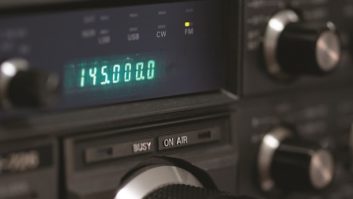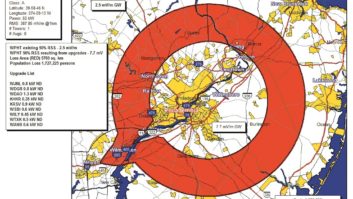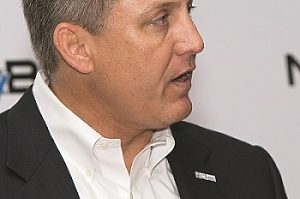The FCC isn’t happy with Michael Dudley.
According to the commission, he had admitted operating a radio station without proper authorization from his home in northern Alabama in 2016. It said he defended his actions then by saying the broadcast on 103.9 MHz was not interfering with any other station but that he still promptly shut down his pirate operation and, in fact, according to the FCC account, he voluntarily mailed his transmitting equipment to the FCC’s Atlanta field office in a show of contrition.
However, several months later, field agents responded to another complaint about an unauthorized station at 107.9 MHz emanating from his residence in Guntersville. On that recurrence, the FCC says, Dudley’s response was different.
“Mr. Dudley admitted that he was operating another unauthorized station and refused to turn it off. Agents visited Mr. Dudley’s residence on July 18, 2016, and confirmed that an unauthorized station was being operated at that residence. No one responded when the agents knocked on the door, but Mr. Dudley contacted one of the agents later that day and admitted again that he was operating a station without a license,” according to a FCC order released this week.
The Enforcement Bureau issued a Notice of Apparent Liability against Dudley in October 2016 and proposed a forfeiture of $15,000. Dudley responded to the NAL, the FCC said, but refused to pay: “Although he does not deny operating the station, Mr. Dudley makes a number of arguments as to why the NAL should be cancelled and the forfeiture reduced or rescinded. Specifically, Mr. Dudley argues that he had ceased operating the station, that the station had not caused interference and so had not harmed anyone, and that he is unable to pay the forfeiture,” the FCC wrote.
Now the commission has upheld the forfeiture of $15,000 and dismissed his reason for not paying. The FCC was unpersuaded by his argument and said it based its decision at least partly on the fact that he had resumed broadcasting just months after shutting down the first attempt. “That he changed transmitting frequencies only shows that he intended to evade commission detection,” the staff wrote.
The commission’s enforcement arm has renewed efforts against radio piracy since Chairman Ajit Pai was elevated to chairman; and recently it began including property owners and landlords of expected pirates to its enforcement policy.
Dudley now has 30 days to pay the forfeiture or the case could be referred to the U.S. Department of Justice for enforcement of the forfeiture, according to the FCC order. It becomes hard to track how many such cases are pursued further; a common complaint among broadcasters worried about illegal operators is that pursuit to conviction of alleged illegal broadcasters either is rare or happens out of sight.











